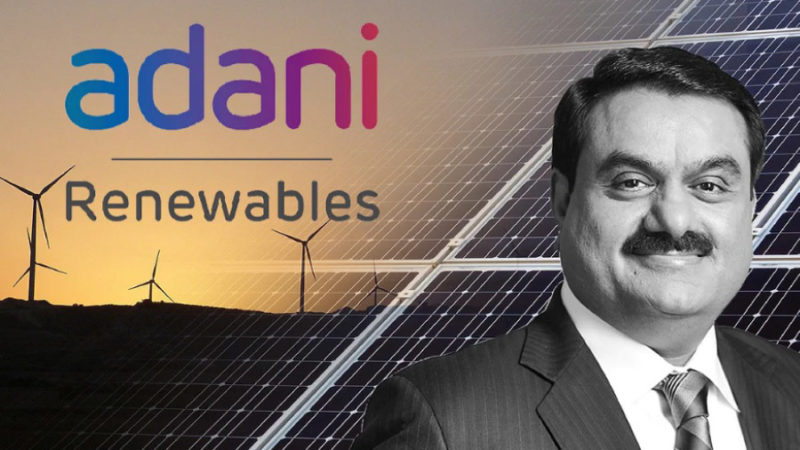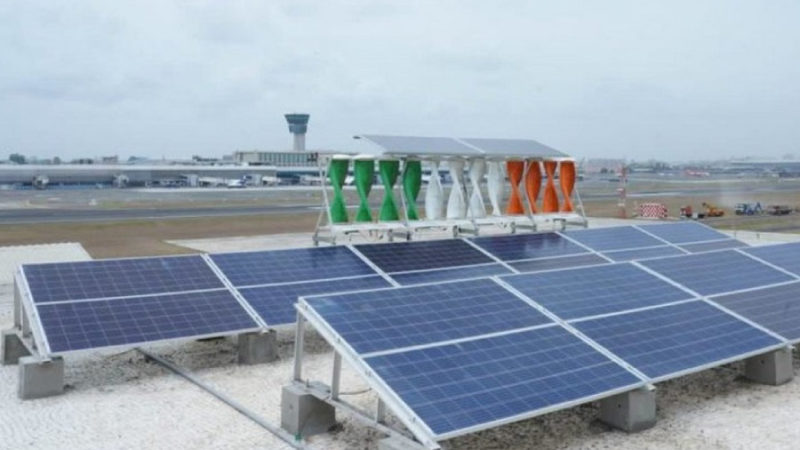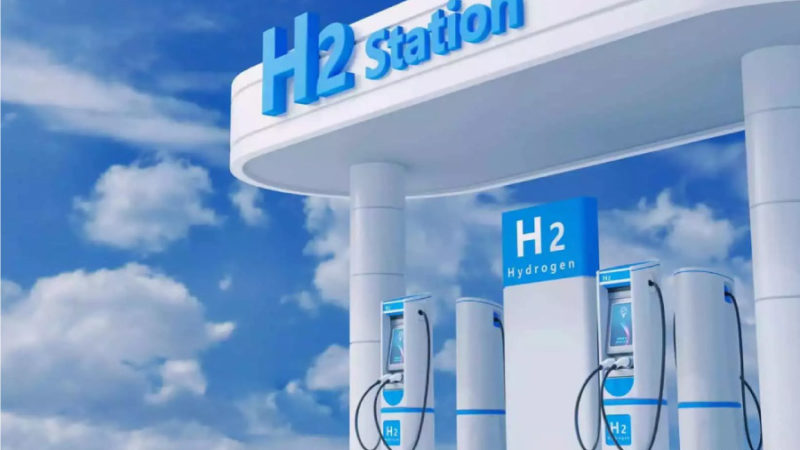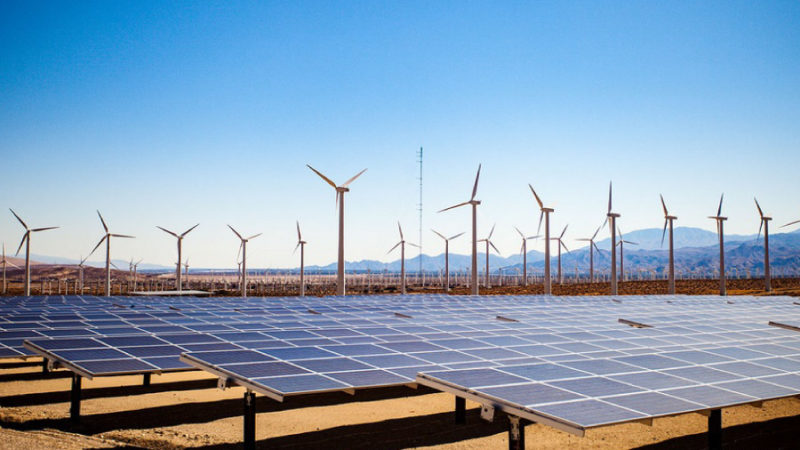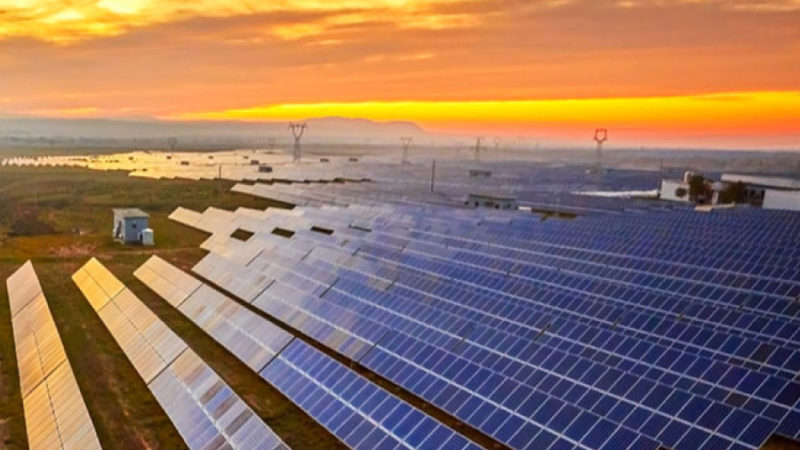By 2030, India targets Green Hydrogen to cost $1 per kilogram: Amitabh Kant

Kant noted that the goal is to reduce the cost of green hydrogen to $2.5 per kilogram by 2025 and to $1 per kilogram by 2030 and is possible only by scaling up hydrogen production …
In a recent statement, Niti Aayog CEO, Amitabh Kant stated that the government aims to reduce the price of Green Hydrogen as low as $1 per kilogram by the end of this decade in 2030. He noted that this is made possible due to the low cost of renewable energy generation in India.
Addressing a workshop on funding for creation of Green Hydrogen Hubs in India, jointly organized by Aayog and industry association India Hydrogen Alliance (IH2A), Kant said, “The goal is to reduce the cost of green hydrogen to $2.5 per kilogram by 2025 and to $1 per kilogram by 2030 and scaling up hydrogen production is the only way to make it possible.”
The IH2A has proposed the creation of a H2Bharat Public-Private Taskforce to NITI Aayog and the Ministry of New and Renewable Energy (MNRE) for the purpose of identifying five large GW-scale Green Hydrogen hubs for India within the next 18 months.
As a result of the workshop to build India’s hydrogen economy, the proposal was developed. A wide range of players across the hydrogen value chain attended the event, including representatives from the European Investment Bank (EIB), World Bank, OECD, GIZ, CDC, and FMO, as well as the Government of India and the Government of Kerala.
“Given India’s rapidly declining renewable energy costs, green hydrogen production is expected to be amongst the most cost-effective in the world. The H2Bharat Taskforce presents an interesting initiative to develop large-scale green hydrogen projects,” Kant said.
To create a domestic green hydrogen supply chain, India will need to invest $25 billion, both from public and private sectors, by 2030. This will allow India to have 25 GW of electrolyser capacity, producing 5MT of green hydrogen.
In order to commercialize Green hydrogen in India, the workshop recommended introducing GW-scale Green hydrogen hubs with co-located production and consumption across multiple use cases in one regional cluster or hub, based on the best global practices.
Additionally, the workshop suggested that sovereign green bonds and global climate finance commitments could also provide the necessary funding for these Green Hydrogen hubs. Finally, multilateral and government agencies could play a major role in early market development by partially funding the design and pre-feasibility studies.
Connect with Power Insight: Facebook | LinkedIn | Twitter


